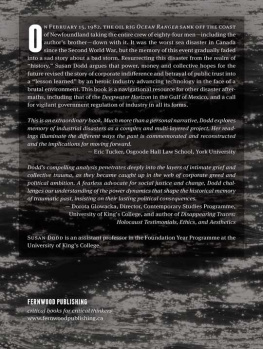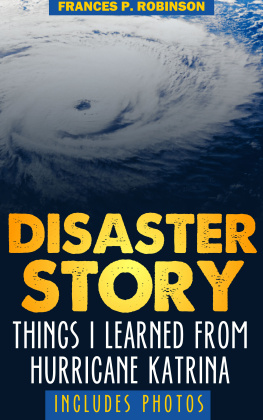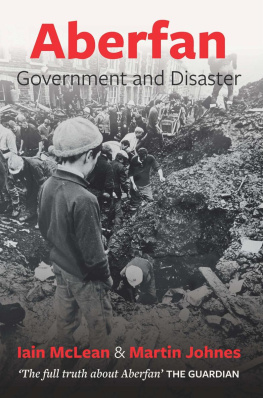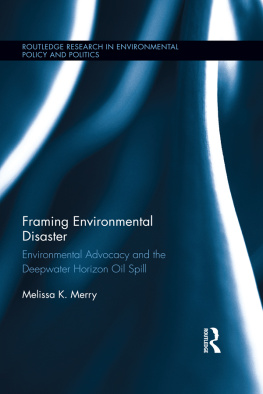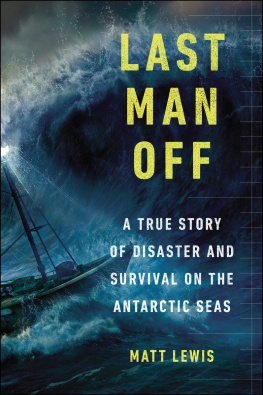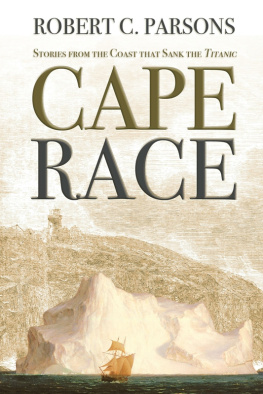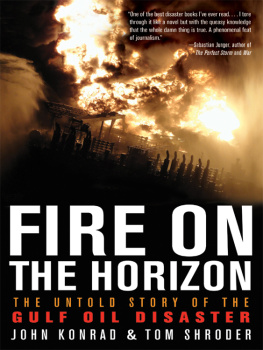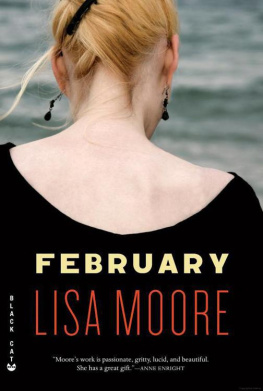
Copyright 2012 Susan Dodd
All rights reserved. No part of this book may be reproduced or transmitted in any form by any means without permission in writing from the publisher, except by a reviewer, who may quote brief passages in a review.
Editing: Brenda Conroy
Cover design: John van der Woude
Cover Photo: Kazuko Kizawa, 2011
Printed and bound in Canada by Hignell Book Printing
Published in Canada by Fernwood Publishing
32 Oceanvista Lane, Black Point, Nova Scotia, B0J 1B0
and 748 Broadway Avenue, Winnipeg, MB R3G 0X3
www.fernwoodpublishing.ca
Fernwood Publishing Company Limited gratefully acknowledges the financial support of the Government of Canada through the Canada Book Fund, the Canada Council for the Arts, the Nova Scotia Department of Tourism and Culture, the Manitoba Department of Culture, Heritage and Tourism under the Manitoba Publishers Marketing Assistance Program and the Province of Manitoba, through the Book Publishing Tax Credit, for our publishing program.




Library and Archives Canada Cataloguing in Publication
Dodd, Susan, 1966
The Ocean Ranger : remaking the promise of oil / Susan Dodd.
Includes bibliographical references.
ISBN 978-1-55266-464-3
1. Ocean Ranger (Drilling rig) 2. Offshore oil well drilling--Accidents--Social aspects--Newfoundland and Labrador. 3. Offshore oil well drilling--Accidents--Political aspects--Newfoundland and Labrador. I. Title.
TN871.3.D63 2011 363.1196223381909718 C2011-907950-X
CONTENTS
FOR JOYCE AND ED
I"LL SELL THEM TO THE ENEMIES
DYLAN, WORKING MAN BLUES NO. 2
ACKNOWLEDGEMENTS
T hank you to everyone who supported me through this project. The collegial community of the University of Kings College was a great help. Thanks especially to the summer writing groups at the college, organized by Dr Melanie Frappier. Dr Elizabeth Edwards, Dr Leticia Meynell, Dr Melanie Frappier, Dr Kathryn Morris and Prof Sue Newhook all read and commented on early drafts of chapters. Lisa Mullins gave me exacting feedback on early versions. The University of Kings College Research and Travel Funds supported me in three research trips and to present an early version of Blood Money at the American Law and Society Association annual conference in Chicago in June 2010. Funds from the Social Sciences and Humanities Research Council enabled me to hire Colin Rose, who developed a bibliography for Blood Money through the Kings College Aid to Small Universities Grant. Delaine Tiniakos-Doran, my research assistant through the Kings Student Assistant Programme, found key court rulings. Thank you to my students in the Foundation Year Programme for pressing the question of historys relation to justice.
Lisa Moore, Mike Heffernan, Dr Douglas House, Dr Sue Hart and Ray Hawco were all generous as authors who have written on the Ocean Ranger disaster.
Thanks to the following people who gave me interviews and/or provided ideas: T. Alex Hickman, Dr Jerome Davis, Benton Musselwhite Sr, Ray Wagner, Ches Crosbie, Douglas Moores, Marie Wadden, Glenn Carter, Cle Newhook, Lorraine Michael mha and Leader nlndp, Dr Sue Hart, Howard Pike, Prof Martin Davies (Tulane), Frank Spangnoletti, Jack Harris mp, John Crosbie, Gord Graham.
Thank you to Michael V. Coyle J.D., Catherine Campbell, Stanley Campbell, Dr Matthew Furlong, Dr Dorota Glowacka, Dr Neil Robertson and Brian ONeill for reading parts of drafts.
Thank you to librarians, especially at the Centre for Newfoundland Studies at Memorial University, the Legislative Library at the Newfoundland and Labrador House of Assembly, Dalhousie Law School and the Public Archives in St Johns. Thanks also to the instructors at the Marine Institute for the tour of their facility and demonstration of a training session.
I owe a special thank you to family members of men lost on the Ocean Ranger who agreed to speak with me: Scotty Morrison, Pat Ryan, Cynthia Parsons-Walker, Samantha Gerbeau, Noreen ONeill, Margaret Blackmore and Brian Bursey. These family members encouraged me all through this project. To family members I have not had a chance to meet, I hope that my effort at telling part of this story is helpful to you even in some small way.
As for my parents, Joyce and Ed Dodd, at the end of my most recent visit with them my father helped me load my car and then turned from the veranda of the house in Berwick and called out, Dont let them make you water it down! Each of them has supported me immeasurably in this project, as in everything else.
Thank you as well to Chris Jones for speaking with me so soon following the loss of his brother, Gordon Jones, on the Deepwater Horizon.
I am forever indebted to Dr Laura Penny, Mary Campbell, Ed Dodd and Dr Melanie Frappier, who generously read and commented on full drafts of this book.
Thank you to Errol Sharpe of Fernwood Publishing and to the production and promotion people: Brenda Conroy, Beverley Rach, Debbie Mathers and Nancy Malek.
All omissions and errors are my own.
PREFACE
FEBRUARY 1415, 1982
Theyve gone to the lifeboats and were waiting for news.
S earching for oil under the Atlantic Ocean, the Ocean Ranger and its eighty-four-man crew were anchored in the Hibernia oilfield off the east coast of the Canadian province of Newfoundland on February 14, 1982. It was the heart of winter, in the early days of Canadas offshore drilling.
Designed, owned and operated by the New Orleans-based oil giant, the Ocean Drilling and Exploration Company (ODECO), the rig was under contract to another American petroleum mammoth, Mobil Oil, which managed the drilling of the well. Built by Mitsubishi and staffed by Schlumberger and others, the Ocean Ranger was the largest semi-submersible oil rig in the world. Deemed unsinkable, the rig was a symbol of cutting-edge marine oil exploration technology.
But that Valentines night, the rig was hit by an awe-inspiring North Atlantic storm. Waves crashed against the rigs giant legs, one of which housed a room where men monitored and controlled the rigs stability by letting water in and out of its massive pontoons. A portlight in the ballast room was smashed during the rising storm, and salt water rushed in to soak the ballast control panel. Its lights flashed erratically.
No one knew what to do.
The men had no formal training. They had no marine captain who understood the rig. There was no one ashore they trusted to advise them. Their operating manual was incomplete at best, and their training had been misleading at worst. If the men had closed the portlight, mopped up the water and gone to sleep, they might have lived to see the dawn. As it was, the flashing lights on the ballast control panel falsely indicated that water was moving randomly in and out of the pontoons. The men cut the power to the panel. The rig tilted slightly. The men intervened manually and then turned the power back on. The rigs slight tilt became a dangerous list. Waves crashed into the wells that held the anchor chains and pulled the rig further off balance. While the February storm raged, the men called in their mayday and disappeared from the airwaves.
Next page
